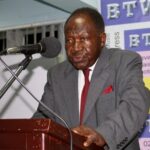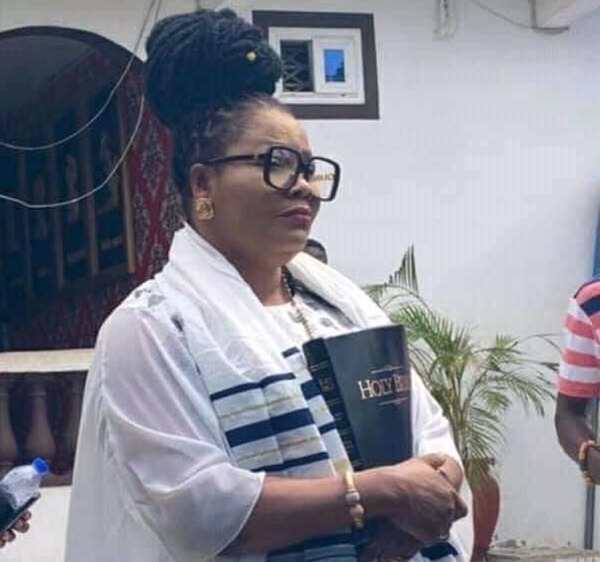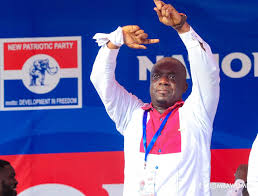A Canadian academic has scotched claims that the African Resistance Movement (ARM), which conducted a sabotage campaign in South Africa in the early 1960s, was financed by Western Intelligence Agencies.
Professor Magnus Gunther, who is writing a book on the ARM, ways the movement’s foreign funding came only from Ghana through its then President Kwame Nkrumah.
The claim that the ARM received funding of Western Intelligence sources, such as Britain’s M16 and the United State’s CIA, was published in the latest issue of the South African satirical publication, Noseweek.
Gunther says the article is “an almost word for word crib of a 64-page report written by a Mr. Piet Swanepoel in the early 1980s while he was still research director of the apartheid state’s National Intelligence Service (NIS).
“Swanepoel was part of a group within NIS who become convinced that the ‘West’ was, and had been since the 1960s, the main source of South African’s difficulties”.
However, Gunther, who teaches at Trent University in Peterborough, Ontario says he found a document in 1998 in the Ministry of Justice files in Pretoria that showed that the security service had known as early as 1961 that John Lang, the ARM’s moneyman, had received money from Ghana.
“The report, which sets out a summary of all the relevant facts the security services knew about Lang, notes that it was ‘betroubaar vasgestel’ (reliably confirmed) that Lang received ?5,000 from the Ghanaian government ‘om plofstowwe en ammunisie aan to koop om in Suid-Afrika to gebruik’ (to buy explosives and ammunition to use in the South Africa).
“I have no information on whether this led to any action on the part of the security apparatus but had Mr. Swanepoel known of this document he clearly would not have written his paper”.
Gunther adds that no “solid evidence is offered” to back up the claim that the ARM was given financial support from Eastern intelligence sources.
He says the reason the ARM was supported was that it was “first on the spot” as the Pan Africanist Congress was too divided at the time and it was only in June 1961 that the African National Congress’s national executive agreed not to discipline members who engaged in violence, resulting in the formation of Umkhonto weSizwe in November 1961.
Noseweek had also relied on the funding memorandum by the ARM’s Lang which, the magazine claimed, had been sent to Western intelligence services. Gunther says the memorandum had been meant for the Ghanaians, but had been intercepted by the South African security police.













